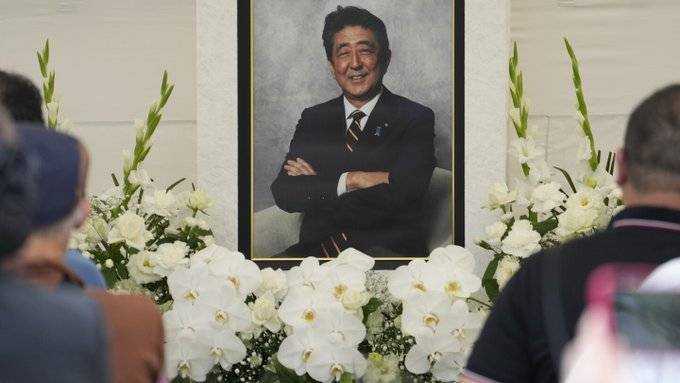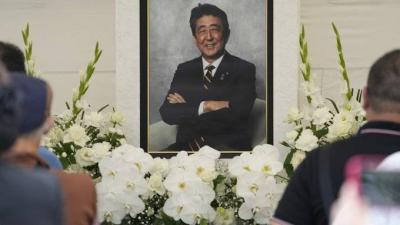Japan marked the first anniversary of the assassination of former Prime Minister Shinzo Abe on Saturday, who was shot while giving a speech at an election event by a man angry over his ties to the South Korean Unification Church. The assassination of Japan’s longest-serving prime minister shocked the country, where gun violence is uncommon. Several controversial issues remain unresolved a year later, including lawmakers' connections to the Unification Church and state funeral regulations.
Abe is remembered for implementing economic policies aimed at ending years of stagnation. These policies included aggressive monetary easing, fiscal stimulus, and deregulation. He resigned in 2020 and also advocated for a tough defense policy that led to increased military spending and a revision of Japan's pacifist constitution, allowing Japanese troops to participate in combat missions abroad for the first time since World War II.
Abe's death triggered public outrage against the ruling Liberal Democratic Party following revelations of close ties between the party and the Unification Church. Tetsuya Yamagami, a 42-year-old Japanese man, is suspected of using a handmade firearm made of metal and wood to kill Abe, who was 67 years old at the time of the assassination. Yamagami stated in social media posts prior to the shooting that the "Unification Church caused his mother financial distress." The man has not yet been tried.




